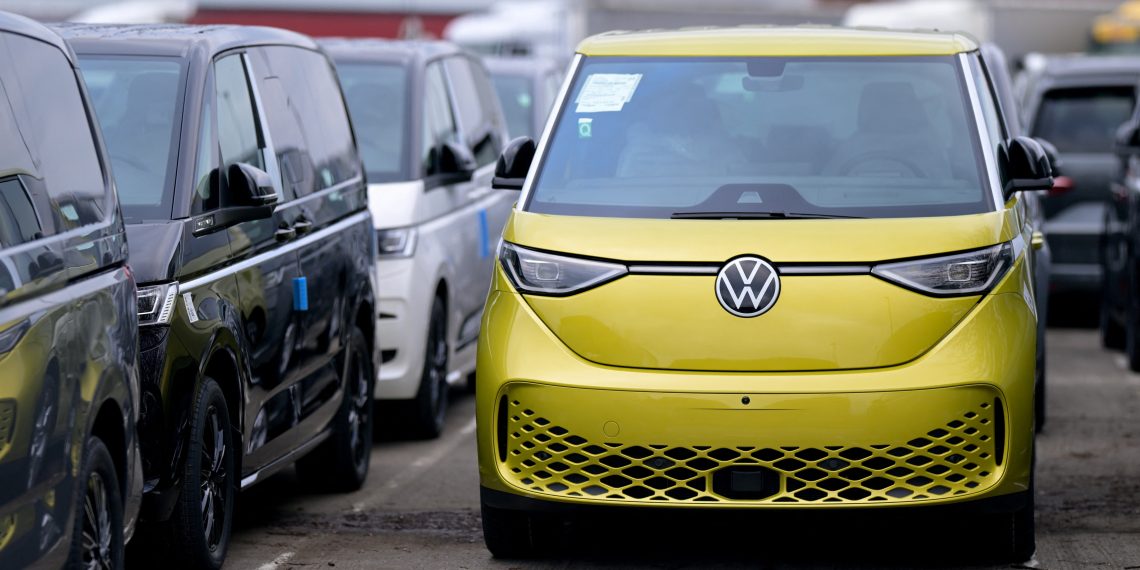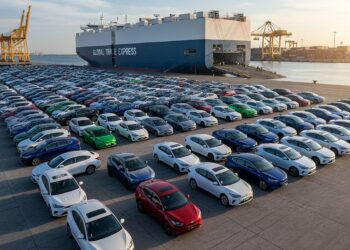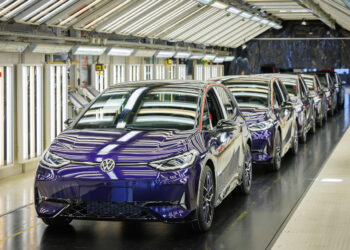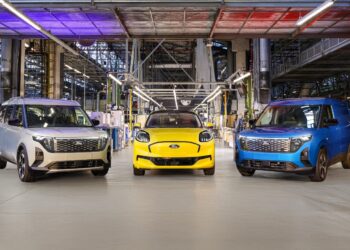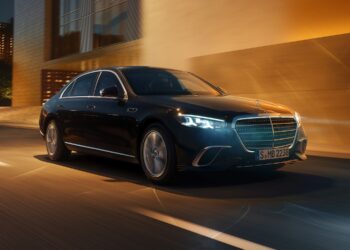Volkswagen (VOWG_p.DE), one of the world’s largest automakers, reported a 2.3% drop in unit sales for 2024, totaling just over 9 million vehicles. The decline underscores the challenges facing the German automotive giant as it grapples with fierce competition in its key Chinese market and struggles to cut costs domestically.
Global and Regional Sales Woes
Volkswagen saw a 2.2% dip in unit sales in Germany, its home market, reflecting sluggish demand and economic uncertainty. In China, the company’s largest market, the situation was even grimmer, with sales plunging 10%, driven by a cutthroat price war among automakers.
Despite these setbacks, Volkswagen reported a bright spot in its battery-electric vehicle (BEV) segment in China, where sales rose 8%, even as global BEV sales for the automaker slipped 3.4%.
Challenges at Volkswagen’s Core Brand
Volkswagen had already lowered its 2024 delivery forecast in September, anticipating challenges at its core namesake brand. The company has launched a significant cost-cutting initiative to counteract rising competition, shrinking demand, and thinning profit margins. However, these efforts have yet to translate into a turnaround in unit sales.
Luxury Brands and Emerging Models: Mixed Performance
Volkswagen’s luxury brands, including Skoda and SEAT/CUPRA, outperformed the core Volkswagen Passenger Cars division, posting a 7% increase in sales compared to the latter’s 1.4% decline. This performance highlights a shift in consumer preferences toward niche and premium offerings.
However, high-end automakers like Mercedes-Benz, BMW, and Porsche, which are part of Volkswagen’s portfolio, faced significant headwinds. Economic uncertainty and slowing electric vehicle adoption caused demand among wealthier consumers to decline sharply, particularly in Germany and China.
Hope on the Horizon: New Models Drive Western Europe Surge
Volkswagen is betting on an aggressive product lineup to reignite growth, with 30 new models set to launch in 2025 across its various brands. Early signs of success are evident in Western Europe, where order intake surged by 88% year-over-year, driven by strong interest in models such as:
- VW ID.7 Tourer
- Audi Q6 e-tron
- Porsche Macan Electric
These launches are expected to help Volkswagen regain momentum in its electrification strategy while catering to shifting consumer preferences.
Industry Trends and Market Outlook
Volkswagen’s struggles mirror broader challenges in the automotive sector. Rival luxury brands like Mercedes-Benz and BMW have also been hit by slowing economies, softening EV demand, and hesitant high-end buyers.
China’s automotive market remains a battleground, with local competitors and global giants slashing prices to capture market share. As Volkswagen pivots toward cost-efficient operations and ramps up its BEV offerings, the automaker hopes its 2025 strategy will reverse its fortunes and cement its position in an increasingly competitive market.

